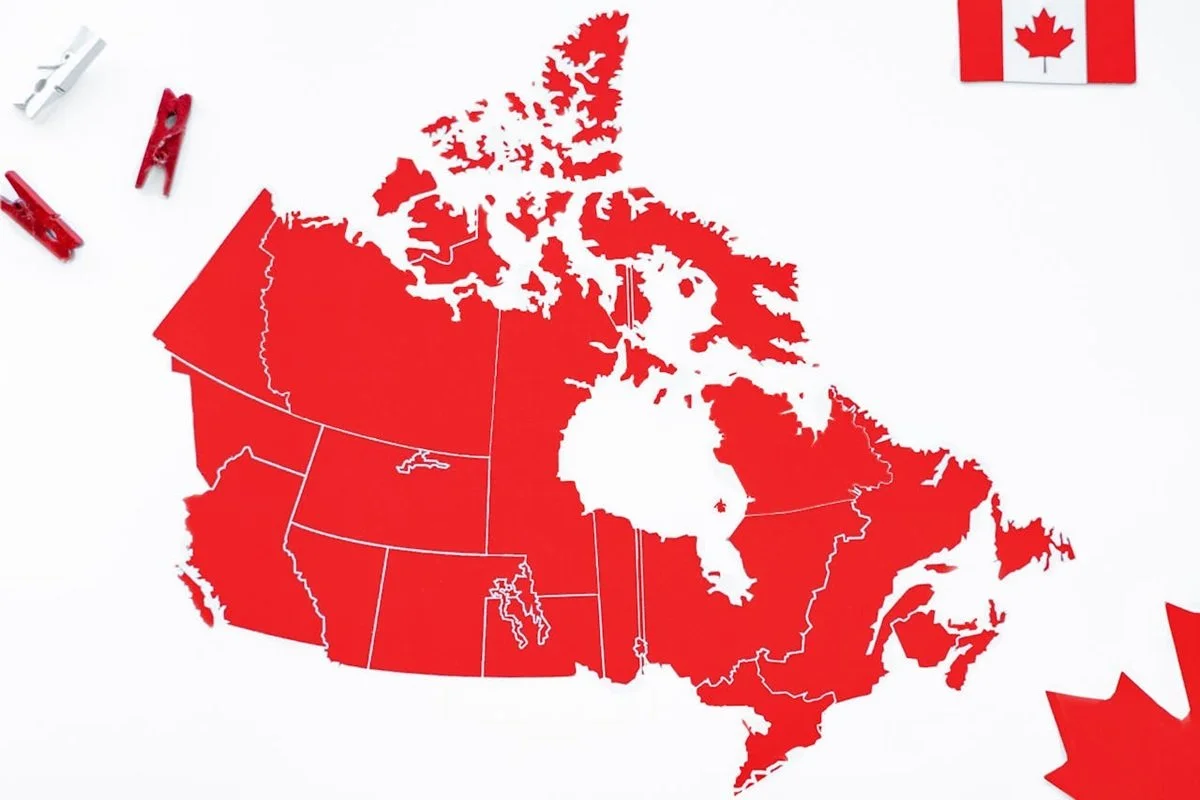How to Immigrate to Canada | Complete Canadian PR Guide
People from all around the world are choosing to make Canada their new home. It has incredible healthcare and education as well as a high standard of living. It is a well-structured and multicultural country that promotes diversity and welcomes people from all races and walks of life. If you are a skilled worker, an entrepreneur, a student, or looking to work in a new country, Canada has plenty of opportunities. Learning about its immigration process is the key to realizing your aspirations.
This immigration guide covers the most common immigration routes and their criteria as well as thorough application instructions.
Popular Immigration Pathways
If you aim to settle in Canada, there are multiple permanent residency routes that you can take based on your current situation and your goals for Canada:
Express Entry: This is the most common immigration avenue for skilled workers. This system has three components:
Federal Skilled Worker Program (FSWP)
Federal Skilled Trades Program (FSTP)
Canadian Experience Class (CEC)
Provincial Nominee Program (PNP): Each province of Canada can nominate applicants for immigration based on its labor market needs and a provincial nomination greatly increases PR approval odds.
Family Class Sponsorship: Depending on certain criteria, Canadian residents and permanent citizens have the ability to sponsor a spouse, child, a parent, or another relative.
Startup Visa: This is for entrepreneurs who have personally innovative business ideas that are backed by Canadian organizations.5. Study Permit to PR Pathway: International students can study in Canada and later transition to permanent residency using the Post-Graduation Work Permit and Express Entry.
Work Permit Options: Employer-specific or open work permits may be available to temporary foreign workers, freelancers, and digital nomads.
Quebec Immigration: Quebec operates a separate immigration system and provides programs for francophones and those who wish to settle in the province.
General Eligibility Requirements
Although every program comes with its own requirements, most candidates need to demonstrate the following:
Age: Under the age of 30? You’ll be awarded additional points in Express Entry.
Education: You must at least hold a post-secondary degree or diploma.
Language Proficiency: You must provide proof of English or French proficiency by presenting a recognized test such as IELTS, CELPIP, or TEF.
Work Experience: You must have already worked in a skilled position that is relevant to your nominated pathway.
Proof of Funds: You are required to demonstrate that you have enough finances to support yourself and your family.
Step-by-Step Immigration Process
Step 1: Check Eligibility
Use the official CRS calculator or government tools to find out if you qualify.
Step 2: Gather Necessary Documents
These may include your passport, language test results, ECA, proof of work experience, and funds.
Step 3: Submit Your Profile or Application
Create an online profile for Express Entry. For other programs, complete the required application forms.
Step 4: When Your Invitation to Apply Is Received
An ITA for permanent residency will be awarded if selected.
Step 5: Includes Background Checks, Medical Exams, and Biometrics
Medical clearance along with security clearance is required.
Step 6: Permanent Residency is Obtained and Relocation is Done
You will be able to start your new life in Canada once the COPR is granted.
Common Pitfalls and Mistakes
Failure to submit accurate or complete documents.
Miscalculation of Total CRS.
Filling out the application and paying the fees for the biometrics after the deadline.
Completing the application on your own and not seeking professional help.
Helpful Resources
Ready to Begin?
Canada is challenging to immigrate to, but is completely doable. No matter if you branch out with Express Entry, Family Sponsorship, or Study to PR, you will need to meticulously plan.
Additionally, you can start your immigration to Canada journey today.
Book a PSS with a qualified immigration expert.
Self-risk your abilities with our free test.
Check the PR application checklist.
Frequently Asked Questions
What is the easiest way to immigrate to Canada?
For most skilled workers, Express Entry is often the most straightforward route, but the best option depends on your age, skills, language, and family situation.
How long does the PR process take?
Processing times vary by program and profile, but you should generally expect the PR process to take several months from the moment a complete application is submitted.
Can I apply without a job offer?
Yes, many streams—especially under Express Entry—do not require a job offer, though having one can significantly improve your chances.
How much money do I need to immigrate?
You must show government-set settlement funds that increase with family size, enough to cover initial living costs for you and any accompanying dependents.
Is there an age limit for immigration?
There is no strict maximum age, but points-based systems favor younger applicants, so older candidates may need stronger credentials in other areas.
Should I hire a lawyer or consultant?
It’s optional, but a licensed immigration professional can help you avoid errors, choose the right pathway, and prepare a stronger, more complete application.
How does Express Entry differ from PNPs?
Express Entry is a federal points-based system, while Provincial Nominee Programs are run by individual provinces that nominate candidates to meet their specific labor needs.


